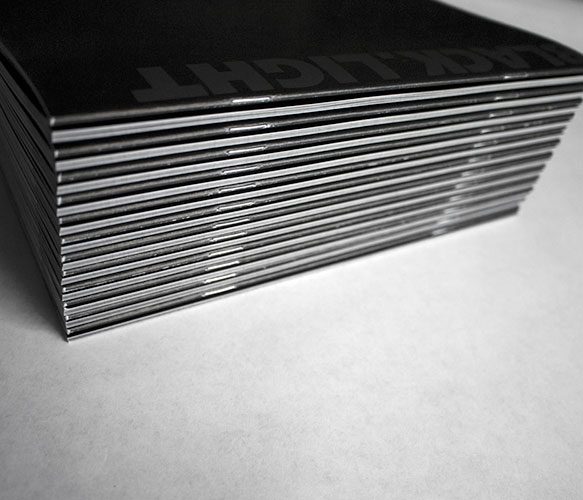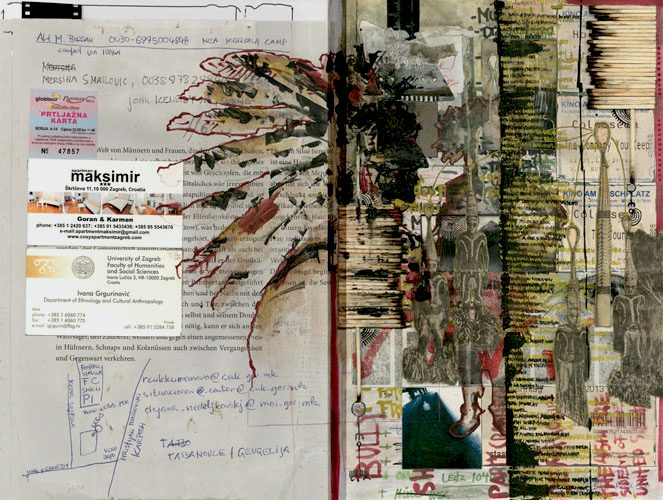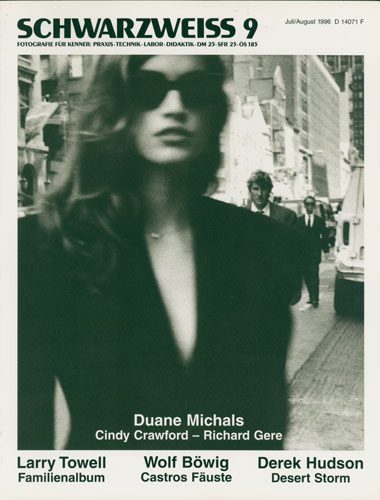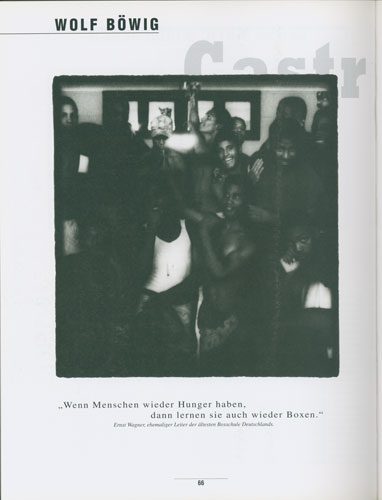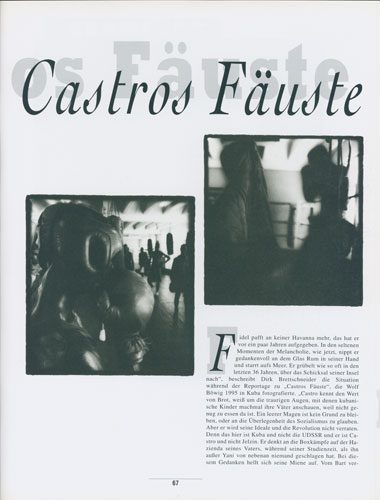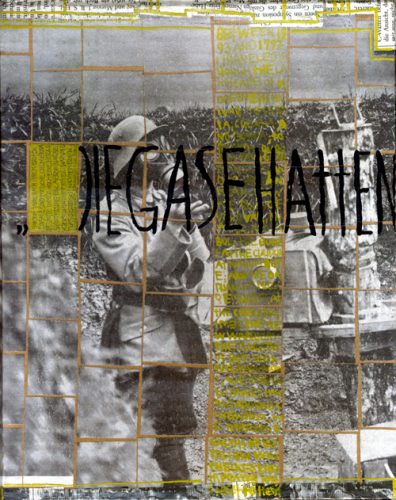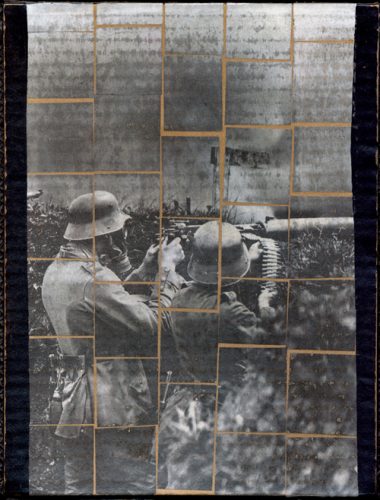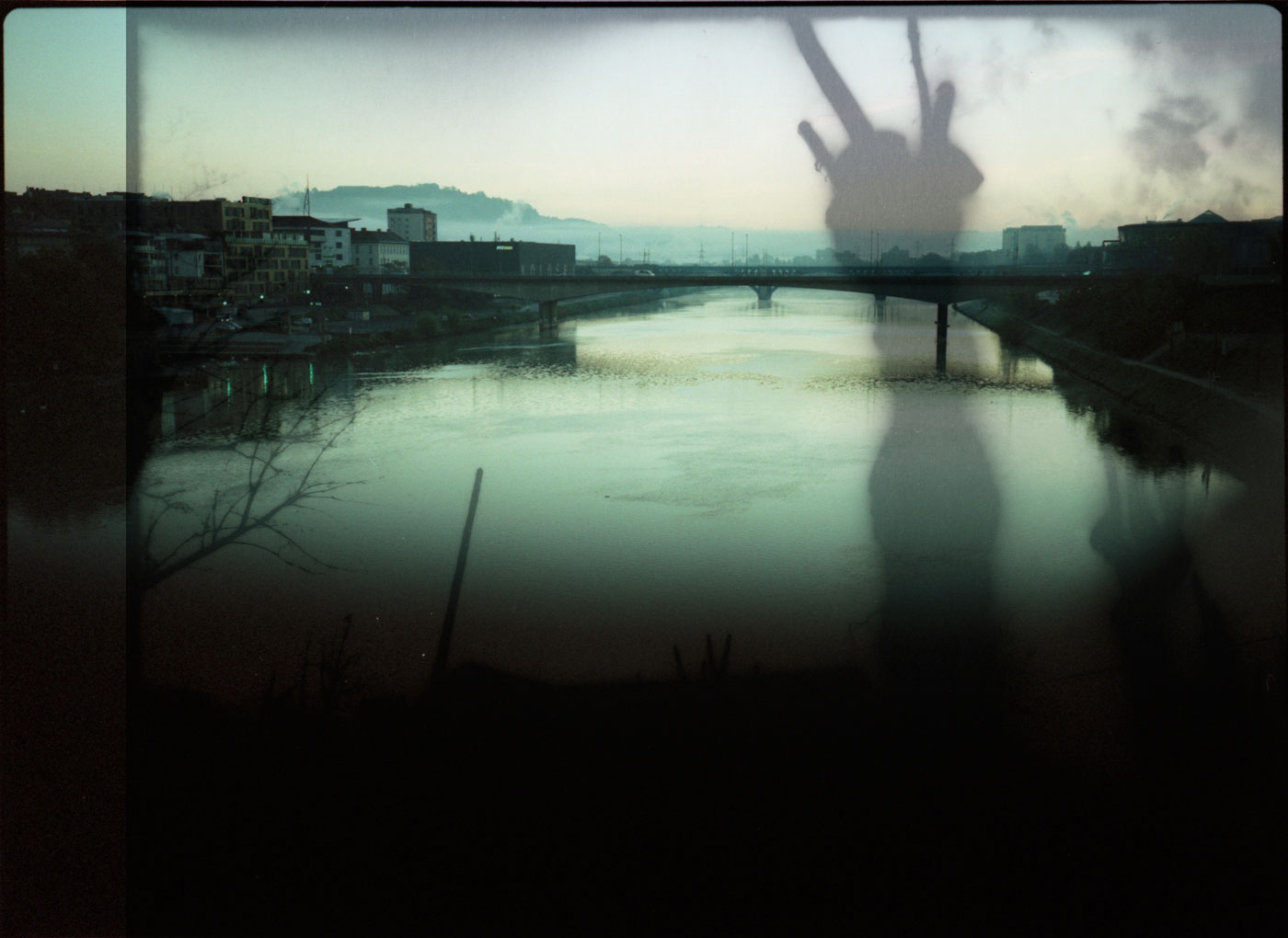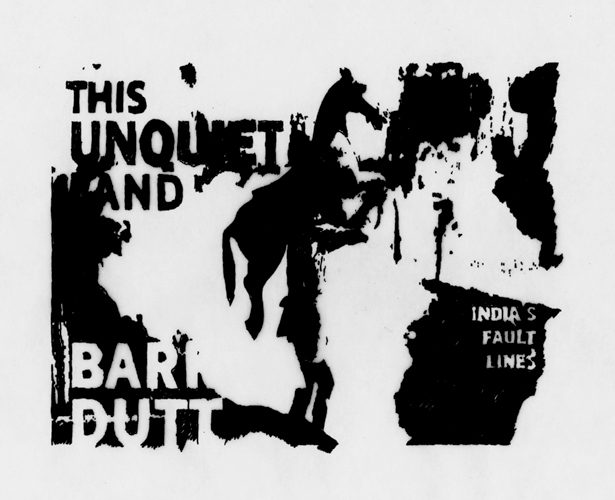
„In Indien fließt in diesen Tagen mehr Blut, als Regen fällt“
Robert Trumbull 1947 in der „New York Times“
Auf der Grand Trunk Road siebzig Jahre nach der Teilung des Indischen Subkontinents
Als der englische Unterhändler Radcliffe am 8. Juli 1947 in Delhi ankam und der Vizekönig ihm sagte, er müsse seine Grenzlinien bis zum 15. August ziehen, konnte der Jurist dies nicht glauben. Er fragte Nehru, da stellvertretender Präsident der Übergangsregierung und Jinnah, den Vorsitzenden der Muslimliga, ob dies denn ernst gemeint sei. Beide bejahten.
Was Nehru einen „tryst with destiny“, ein „Rendezvous mit dem Schicksal“, nannte, war durch Gewalt und die größte bekannte Migration in der Menschheitsgeschichte geprägt: mindestens fünfzehn Millionen Menschen wurden über Nacht zu Flüchtlingen.
„Stand out. Someone has to.“
Timothy Snyder, Professor of History, Yale University
Americans are no wiser than the Europeans who saw democracy yield to fascism, Nazism, or communism. Our one advantage is that we might learn from their experience. Now is a good time to do so. Here are twenty lessons from the twentieth century, adapted to the circumstances of today.
1. Do not obey in advance. Much of the power of authoritarianism is freely given. In times like these, individuals think ahead about what a more repressive government will want, and then start to do it without being asked. You’ve already done this, haven’t you? Stop. Anticipatory obedience teaches authorities what is possible and accelerates unfreedom.
2. Defend an institution. Follow the courts or the media, or a court or a newspaper. Do not speak of „our institutions“ unless you are making them yours by acting on their behalf. Institutions don’t protect themselves. They go down like dominoes unless each is defended from the beginning.
3. Recall professional ethics. When the leaders of state set a negative example, professional commitments to just practice become much more important. It is hard to break a rule-of-law state without lawyers, and it is hard to have show trials without judges.
4. When listening to politicians, distinguish certain words. Look out for the expansive use of „terrorism“ and „extremism.“ Be alive to the fatal notions of „exception“ and „emergency.“ Be angry about the treacherous use of patriotic vocabulary.
5. Be calm when the unthinkable arrives. When the terrorist attack comes, remember that all authoritarians at all times either await or plan such events in order to consolidate power. Think of the Reichstag fire. The sudden disaster that requires the end of the balance of power, the end of opposition parties, and so on, is the oldest trick in the Hitlerian book. Don’t fall for it.
6. Be kind to our language. Avoid pronouncing the phrases everyone else does. Think up your own way of speaking, even if only to convey that thing you think everyone is saying. (Don’t use the internet before bed. Charge your gadgets away from your bedroom, and read.) What to read? Perhaps „The Power of the Powerless“ by Václav Havel, 1984 by George Orwell, The Captive Mind by Czesław Milosz, The Rebel by Albert Camus, The Origins of Totalitarianism by Hannah Arendt, or Nothing is True and Everything is Possible by Peter Pomerantsev.
7. Stand out. Someone has to. It is easy, in words and deeds, to follow along. It can feel strange to do or say something different. But without that unease, there is no freedom. And the moment you set an example, the spell of the status quo is broken, and others will follow.
more …
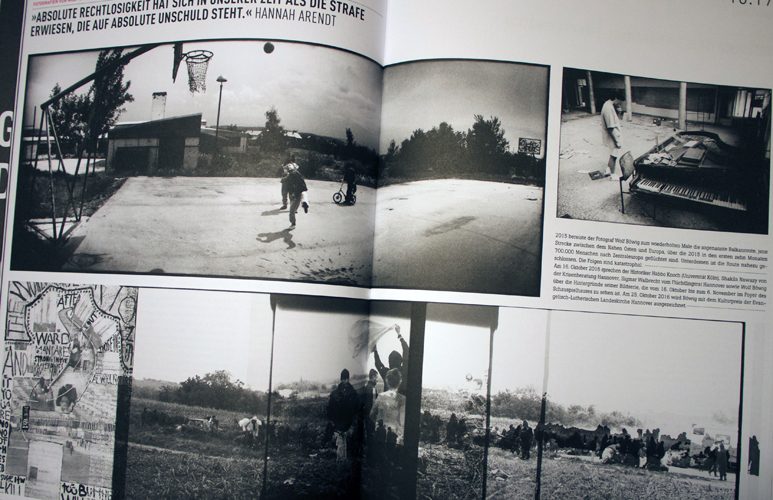
Heft#22 HASS – Schauspiel Hannover Oktober 2016
„Absolute Rechtlosigkeit hat sich in unsere Zeit als die Strafe erwiesen, die auf absolute Unschuld steht.“
Hannah Arendt | Über Flüchtlinge und Staatenlose
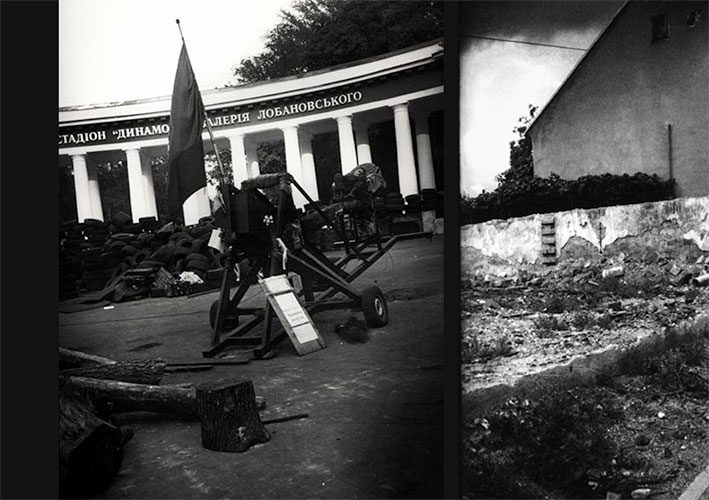
Oktober 2016 – Publikation borders and beyond
Fishing for stones: the photography of Wolf Böwig
by Pedro Rosa Mendes
A lot of what stands today as contemporary photojournalism is somehow saturated with «events» and «facts», as digital technology and social media conspire to make reality invisible to itself by its very ueber-exposure. The truth is, we reached the point where we see an overwhelming-lot more than what we are honestly able to understand. The paradox of contemporary journalism, in the fast-evolving global information ecosystem, is that broader visibility means narrower attention. Worse yet, the increasing democracy of tools is actually reinforcing single narratives. This is where the art and the ethics of documentary photography have a crucial contribution to give, as it is evident on the unique body of work of photographer Wolf Böwig.
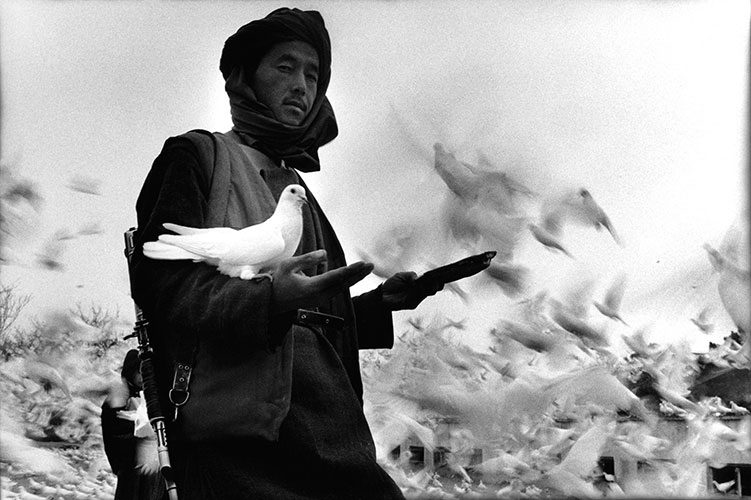
25. Oktober 2016 um 18:30 Uhr | St. Michaeliskirche Hildesheim, Laudatio und Danksagung
Kulturpreis Evangelische Landeskirche Hannover
WAHRNEHMEN. WÜRDIGEN. FÖRDERN.
INS GESPRÄCH BRINGEN
Kulturpreisträger: Wolf Böwig für seine Dokumentarfotografie von einzigartigem Zuschnitt und künstlerischem Anspruch, die zu einer tiefergehenden Auseinandersetzung mit den Themen von Krieg, Gewalt und Flucht sowie besonders ihren Ursachen anregt
Laudatio und Danksagung anläßlich der Kulturpreisverleihung:
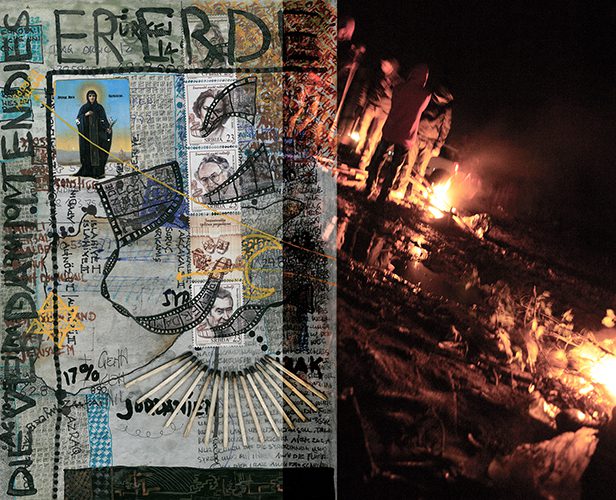
Weltausstellung Prinzenstraße spezial: borders and beyond
Grenzbilder entlang der Balkanroute – Wolf Böwig und Sigmar Walbrecht (Niedersächsischer Flüchtlingsrat) im Gespräch mit Habbo Knoch (Universität Köln)
16.10.2016, 11.00 Uhr, Foyer Schauspielhaus
Hannover

Tomorrow, Today will be Yesterday: Thoughts on Crossing Borders
by Susana Moreira Marques
When Wolf Böwig, a German photographer I’ve known for a few years, asked me if I’d like to write something inspired by his new project, Borders and Beyond, I hesitated. Wolf had been spending a lot of time in eastern Europe documenting the movements of people trying to reach central Europe. During his travels he would often send me emails with his photo collages and excerpts of his visual diaries. The images moved me in ways I couldn’t immediately define. I wasn’t sure how I could add anything, first of all, because I hadn’t been there. Wolf, being determined as he is, insisted: Borders are everywhere. This was about the issue, the ideas, this was about going beyond the media agenda. So, I started thinking and imagining and I realized I was already writing
…
Tin House – the open bar
July 7th, 2016
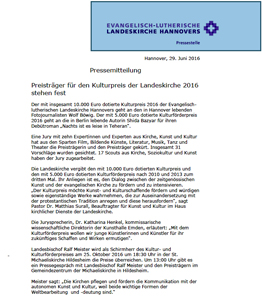
Kulturpreis der Landeskirche 2016
Der mit insgesamt 10.000 Euro dotierte Kulturpreis 2016 der Evangelisch-lutherischen Landeskirche Hannovers geht an den in Hannover lebenden Fotojournalisten Wolf Böwig. Der mit 5.000 Euro dotierte Kulturförderpreis 2016 geht an die in Berlin lebende Autorin Shida Bazyar für ihren Debütroman „Nachts ist es leise in Teheran“
Eine Jury mit zehn Expertinnen und Experten aus Kirche, Kunst und Kultur hat aus den Sparten Film, Bildende Künste, Literatur, Musik, Tanz und Theater die Preisträgerin und den Preisträger gekürt. Insgesamt 31 Vorschläge wurden gesichtet. 17 Scouts aus Kirche, Soziokultur und Kunst haben der Jury zugearbeitet
